Protecting Your Business from Lock Bumping and Picking
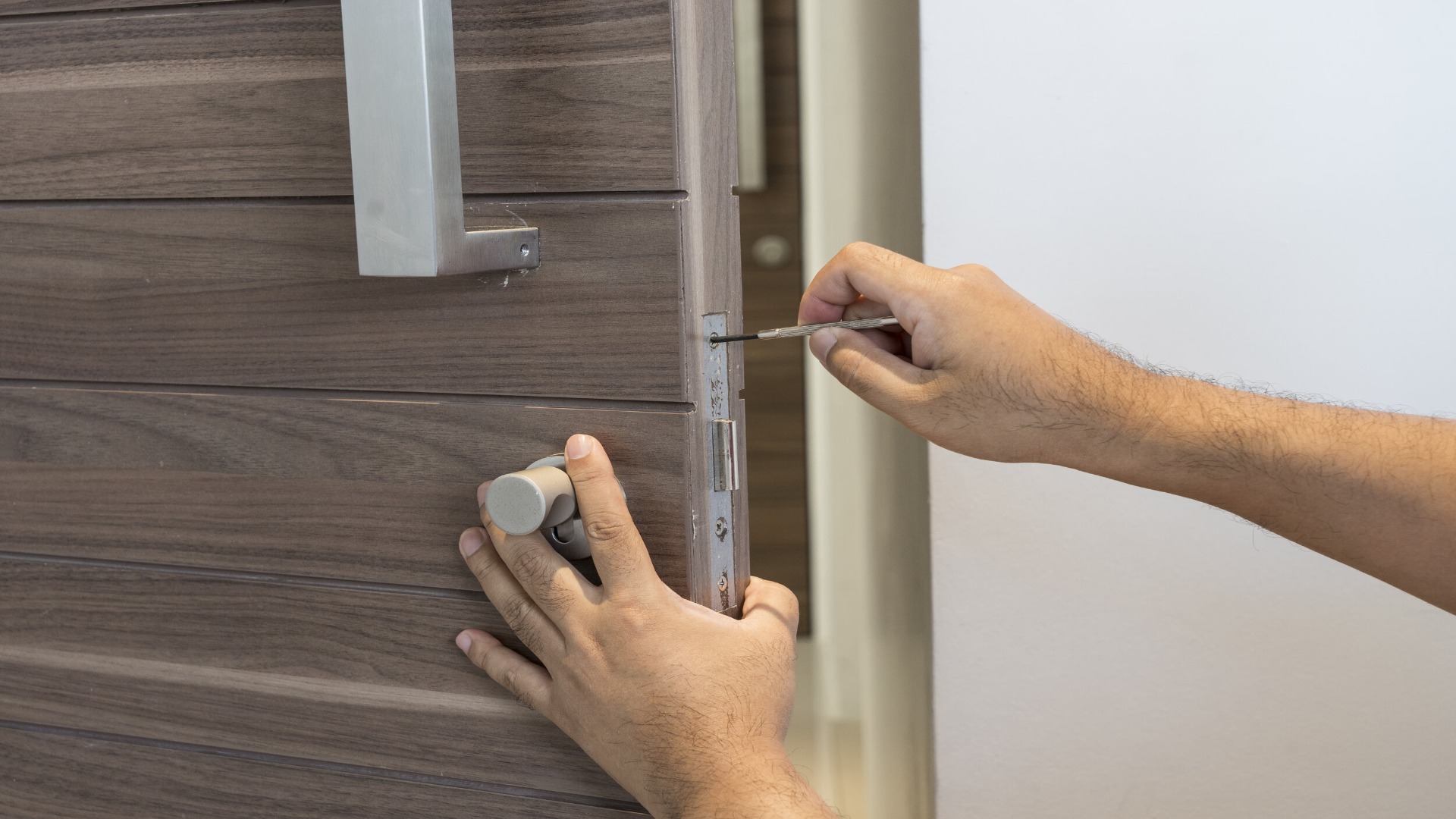
Lock bumping and picking are threats that every business owner should be aware of. These techniques allow unauthorised access by manipulating the pins inside pin-tumbler locks. While locksmiths use these methods legitimately, criminals also exploit them.
With the right tools and knowledge, someone can bump or pick their way into most standard pin locks in just moments. This puts businesses at risk of theft, vandalism, and more. However, there are steps you can take to strengthen your security and deter intruders who may target your property.
Upgrading to more sophisticated lock systems can help prevent unwanted access. Other measures like additional alarms, cameras and access controls can also serve as valuable safeguards. This article will explore identifying vulnerabilities and choosing protection strategies that work for your specific needs.
Understanding Lock Bumping and Picking
Lock bumping and picking are covert methods to open pin-tumbler locks without a key. In both techniques, intruders manipulate the pins inside the lock cylinder until it can be opened freely.
Lock bumping involves rapidly jiggling a specially designed tool inside the keyway to bounce the pins up and down until they align at the shear line.
This only takes a matter of seconds if done correctly. Picking involves using lock picks to carefully lift pins one by one until the requisite number is set at the shear line.
It requires more finesse but can still take a seasoned picker just minutes to crack many basic locks. The threat comes from how easily these techniques allow access without leaving obvious signs of forced entry. Intruders only need small, inconspicuous tools to bypass traditional lock systems potentially.
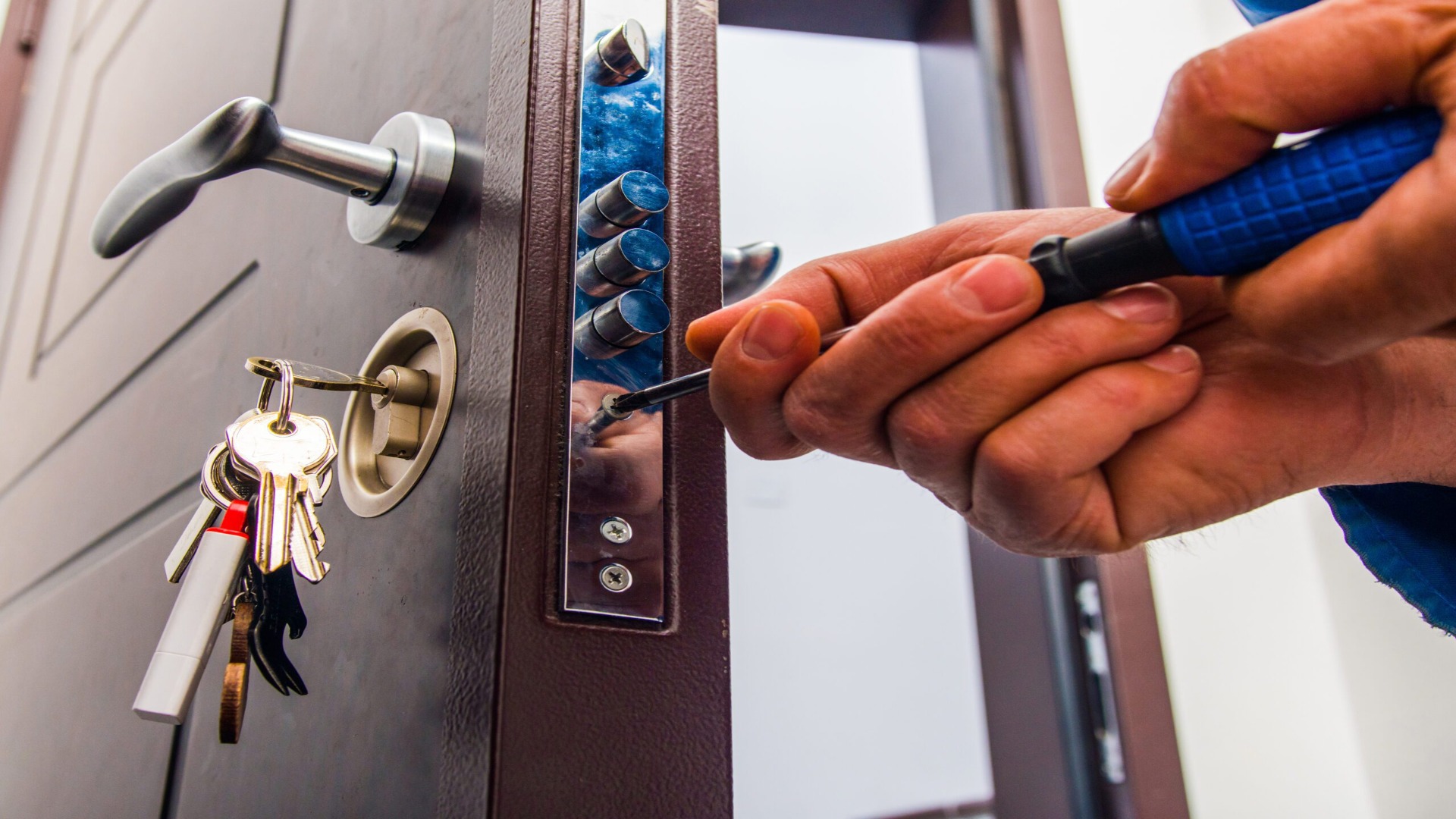
Risks to Your Business
Businesses face several risks if left vulnerable to lock bumping and picking. The most direct risk is theft, as intruders can gain access to steal valuable equipment, supplies or cash. Vandalism is another possibility, where an intruder damages or destroys property once inside.
Both theft and vandalism can be hugely disruptive and costly to remedy. Another concern is the potential for commercial espionage, where a competitor or other party bypasses locks to infiltrate and steal private information like trade secrets, client lists or prototype designs.
Finally, the lack of strong physical security leaves the potential for more serious incidents like arson or violence if someone intends to break in.
Having subpar locks could even compromise employee safety if an unwanted party gains entrance after hours. Taking steps to upgrade security helps businesses mitigate these risks and reduce liabilities.
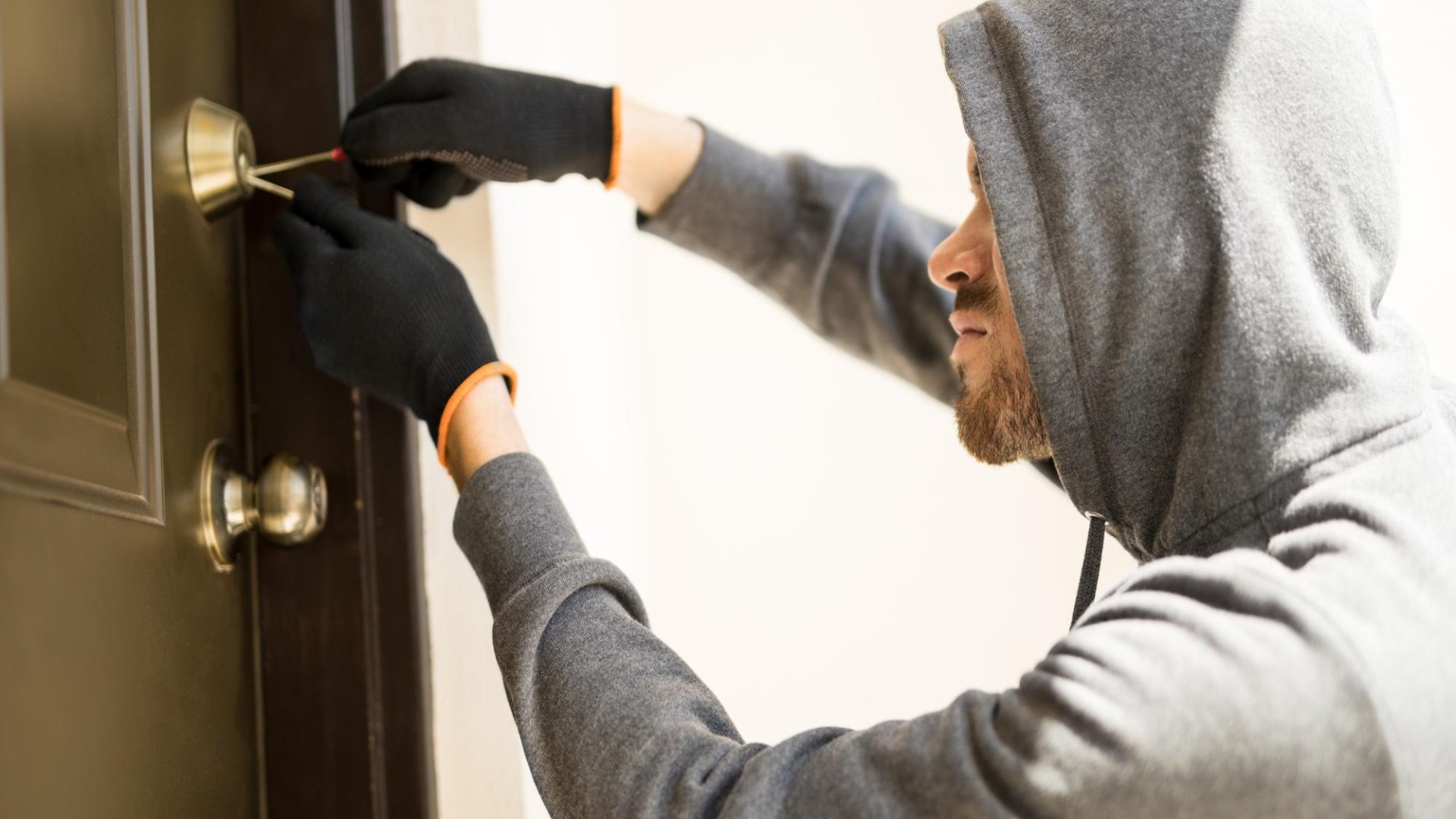
Upgrading Your Locking System
Installing a more sophisticated lock system is one of the most impactful ways to strengthen security. Cylinder locks that use security pins rather than standard pins make bumping and picking much more difficult.
High-security locks marked “pick-resistant” or “bump-proof” provide reliable protection. Changing out older cylinders for these upgraded models prevents easy manipulation. You can opt for integrated locking systems with electronic access controls and keycard entries. These computerised solutions offer audit trails of users and use along with automatic re-locking functions.
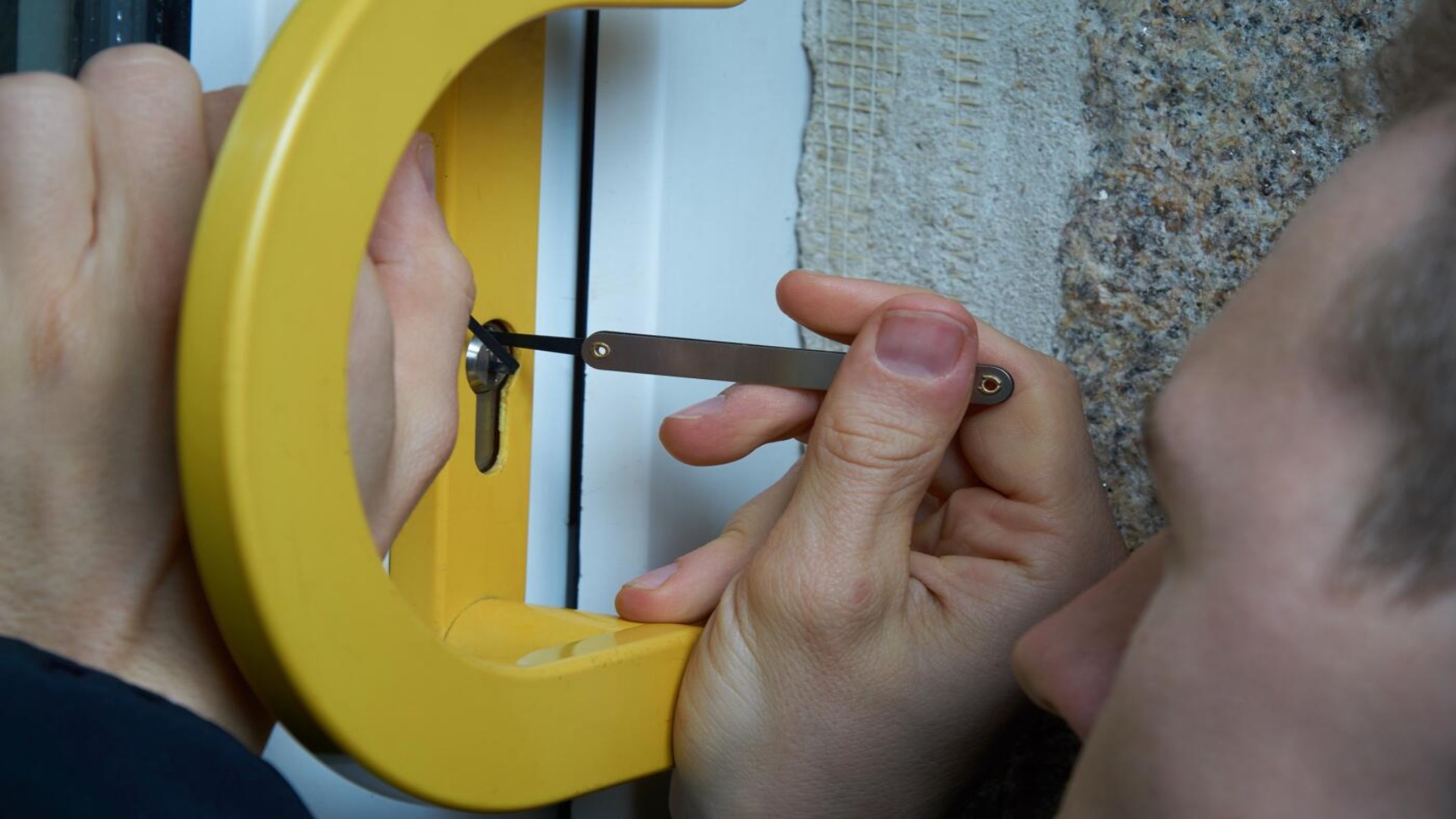
Dual-control locks requiring two unique methods, like a key and code, are another prudent layer. Installing heavy-duty deadbolts and reinforced strike plates on all external entry points creates a solid barrier.
Considering additional hasps, padlocks and locker locks wherever portable assets need securing completes the system. Appropriate upgrades deter intruders seeking quick, unlawful access.
Choosing High-Security Locks
When selecting high-security locks, evaluate brands and models tested and approved by independent certifying bodies. Look for locks rated “Pick-Resistant” or “Bump-Resistant” that have passed rigorous testing standards. Cylinders containing security pins that move randomly rather than in tandem make bumping unpredictable.
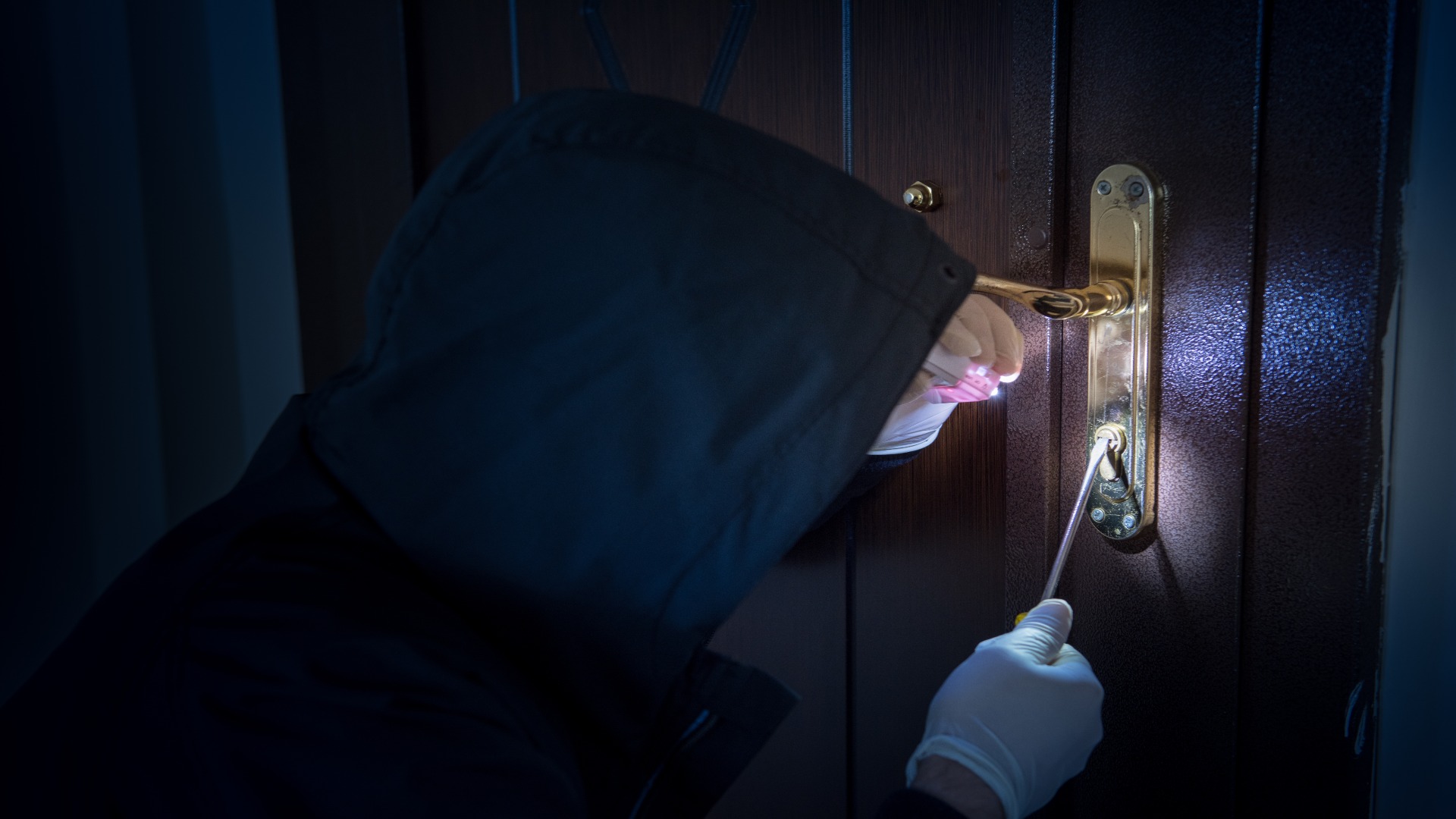
Pin tumblers embedded at differing depths frustrate picking efforts. Integrated sidebar mechanisms provide extra protection against raking and bumping techniques. For exterior doors, consider deadbolt locks certified for commercial use. Reinforced strike plates and heavy-duty construction resist leverage attacks.
Cost is also a factor, so balancing the budget against needs is wise. Consult expert recommendations on appropriate lock grades for the property type and assessed risk level. Proper installation is also crucial, so factor in the skills and credentials of your installer.
Additional Security Measures
While modern high-security locks protect well, extra precautions form valuable layers of defence. Alarm systems with interior and exterior sensors detect unauthorised access attempts. Monitored systems uphold security even when unattended and quickly summon emergency response if needed.
Surveillance cameras cover entry points and vulnerable interior areas, aiding identification if intrusion does occur. Well-lit parking and walkways discourage would-be intruders.
Access control procedures like photo IDs, sign-in logs and visitor escorts regulate entrance. Restricted-access zones funnel traffic away from sensitive operations. Security guards or patrols conduct frequent visual checks when staff presence is limited.
Lastly, simple tips like keeping landscaping well-trimmed away from doors and windows, properly securing vulnerable assets out of sight, and maintaining building integrity go a long way in strengthening overall defences. Multiple active and passive measures working together provide a robust security posture.
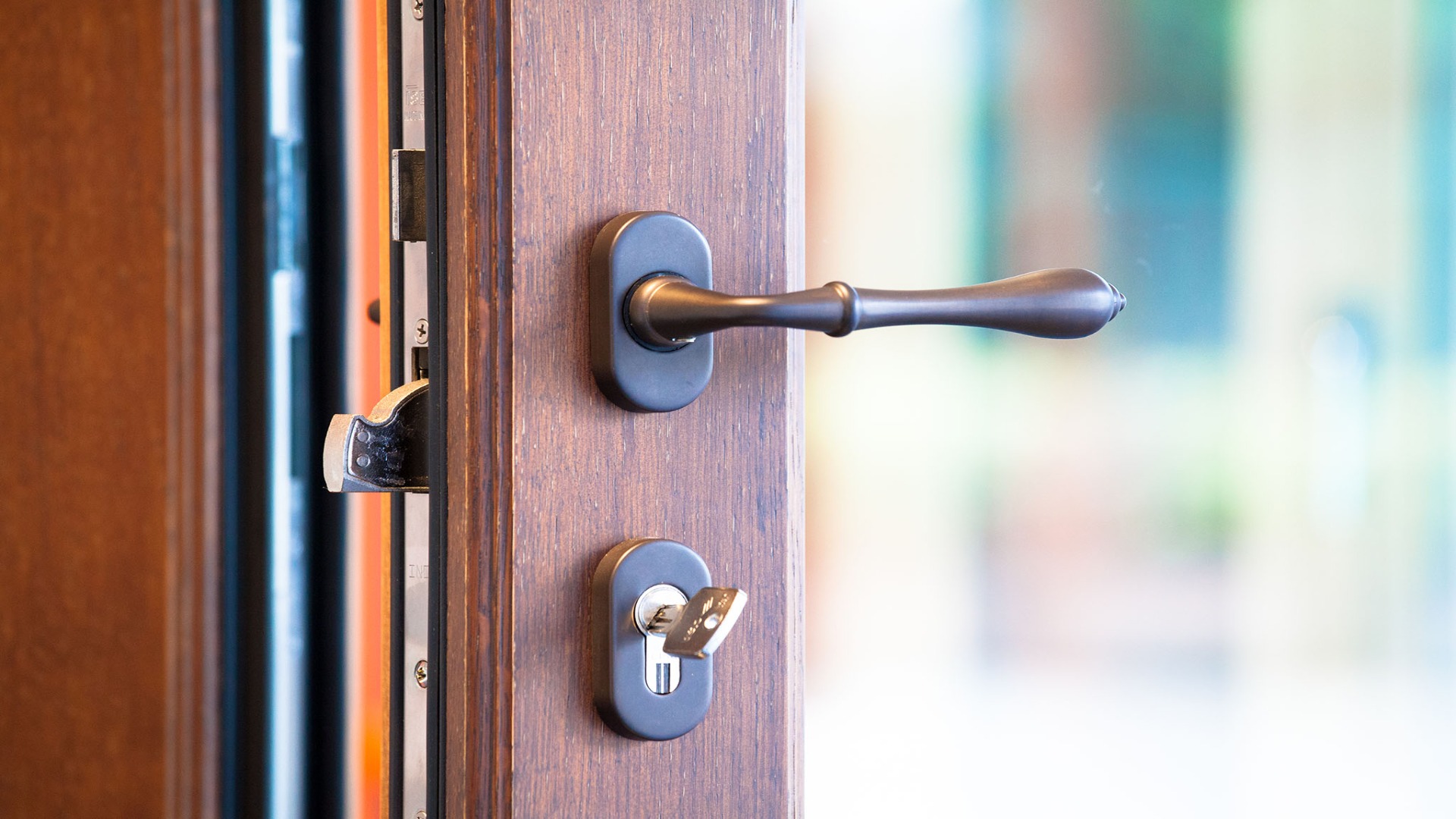
Hiring a Professional Locksmith
Entrusting security projects to a licensed, insured locksmith like Express Locksmiths Gold Coast is recommended for businesses. Qualified technicians stay up to date on the latest equipment and methods through ongoing industry training.
They thoroughly assess property vulnerabilities and custom-tailor solutions to specific needs and budgets. Licensed locksmiths perform security surveys to identify weaknesses, offer consultative advice, and properly install high-quality systems.
They have specialist skills and credentials, sometimes beyond a general contractor’s scope of knowledge. Dealing directly with a reputable locksmith protects against subpar work and oversight that could compromise security. Technicians should provide verifiable liability coverage in case of errors and be available for maintenance, service and emergency access.
Ask for references from previous commercial clients and verify the business is in good legal standing with state licensing boards. A professional locksmith establishes a reliable partnership for long-term security assurance.


